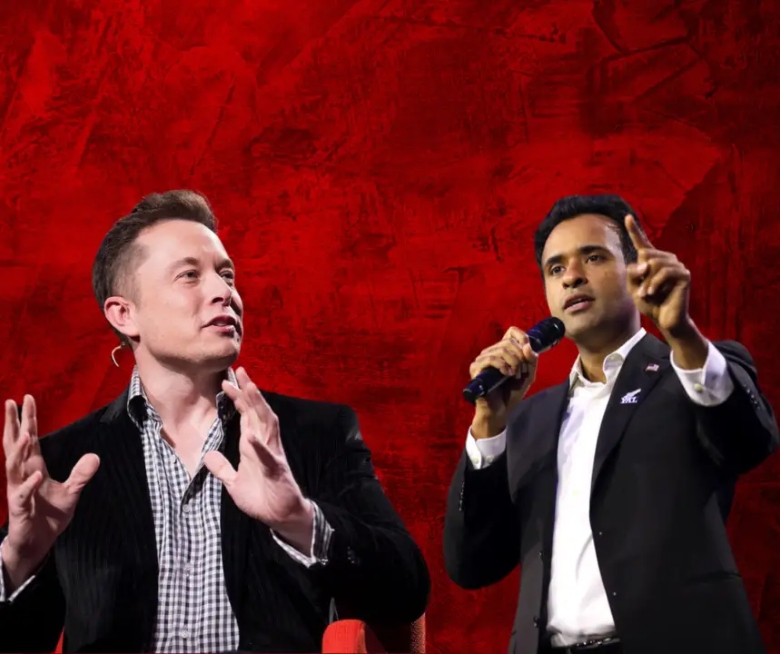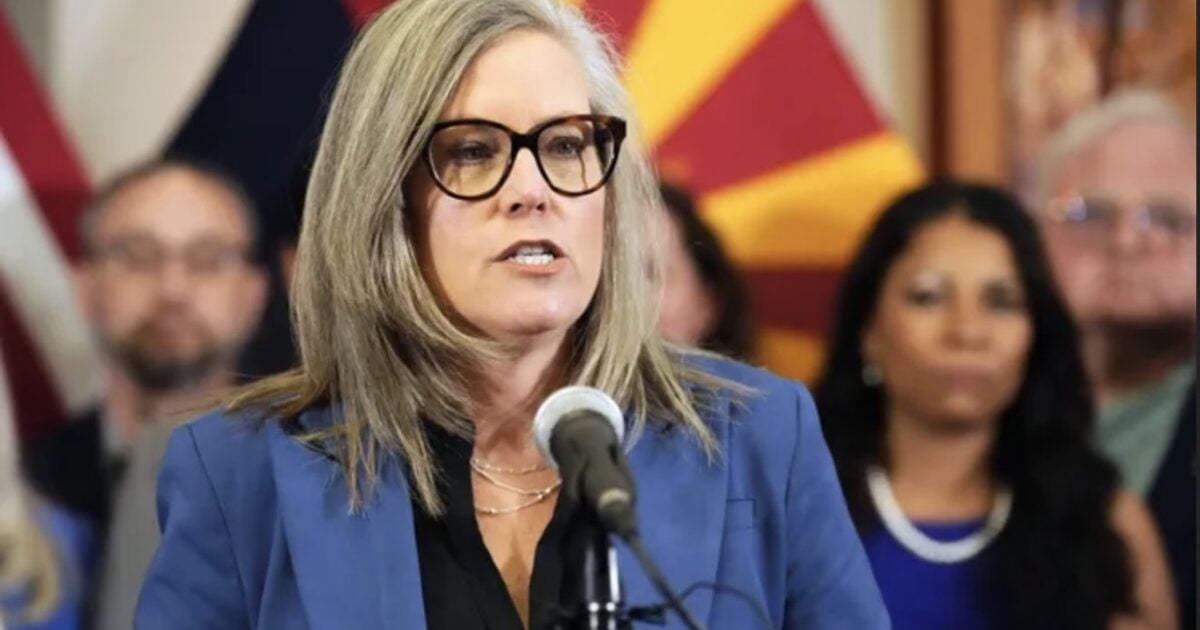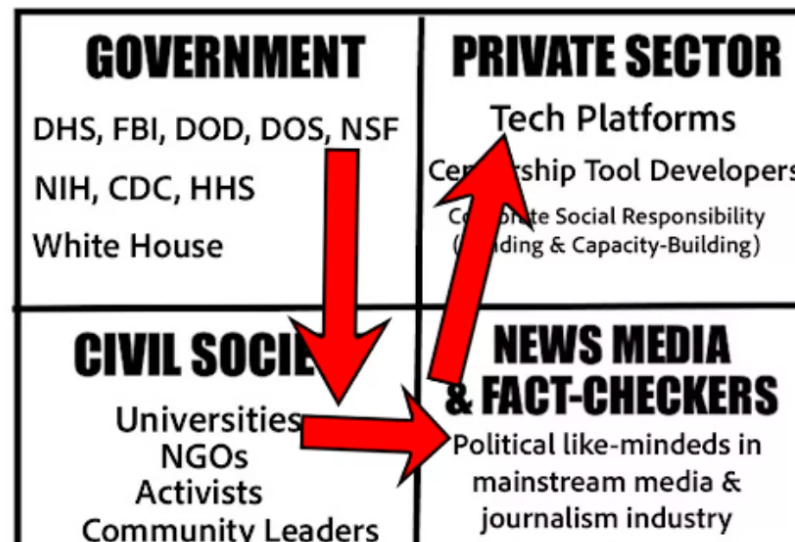Washington, D.C., a city synonymous with politics and liberal ideologies, recently became the center of a surprising exposé on government waste. When Fox News interviewed local residents about absurd examples of federal spending, the responses were a mix of laughter, shock, and disbelief.
Unsurprisingly, many residents were skeptical of the Department of Government Efficiency (DOGE), an initiative associated with the Trump administration. But when confronted with the specifics of how taxpayer dollars are being used, even the staunchest critics had to admit: something needs to change.
The interviews began with a general question about government spending, to which one respondent said, “The government spends too much money, by definition.” The conversation quickly turned to specific examples of wasteful expenditures.
The first example left residents scratching their heads: $750,000 was spent on a study analyzing Neil Armstrong’s famous moon landing quote to determine whether he said, “One small step for man” or “One small step for a man.”
One D.C. local questioned not only the purpose of such research but also how it could cost three-quarters of a million dollars. “What the heck? How could that possibly require so much money?”
The spending didn’t stop there. Another study, costing $1 million, aimed to determine whether cocaine makes quail more promiscuous. A respondent burst into laughter, unable to comprehend why such research was necessary.
As if that wasn’t enough, the interviewer revealed another baffling expense: $100,000 to determine whether tequila or gin makes sunfish more aggressive. “Sunfish? Wow!” exclaimed one resident, visibly stunned.
While most residents found the examples outrageous, one individual attempted to shift the conversation to military spending, suggesting that larger budgetary items deserve more scrutiny. However, the majority agreed that the absurd expenses highlighted by Fox News were indicative of a broader problem: a lack of accountability in how taxpayer money is managed.
By the end of the interviews, many locals conceded that government spending needed to be reevaluated.
The Department of Government Efficiency, co-led by entrepreneur Vivek Ramaswamy, aims to address precisely these issues. Speaking about the initiative, Ramaswamy explained, “Once people realize how much bad spending is going on, they’ll be with us.”
The agency’s mission goes beyond identifying waste. DOGE is also targeting unnecessary regulations and policies that bypass congressional approval. Its broader goal is to curb what Ramaswamy calls “unhinged, unelected bureaucratic insanity.”
Inspired by Argentina’s president, Javier Milei, who eliminated entire government agencies and achieved the country’s first fiscal surplus in 123 years, DOGE is exploring similarly bold reforms. Proposals include privatizing the U.S. Postal Service (USPS), which has been losing billions annually. Proponents argue that privatization could save taxpayers significant sums while modernizing the agency’s operations.
The USPS is a cornerstone of American life, particularly in rural areas where private carriers often don’t operate. However, its financial struggles have made it a frequent target for reform. Critics of privatization warn that such a move could lead to reduced services and higher costs for consumers.
Supporters, including DOGE, counter that privatization would bring much-needed innovation and efficiency to an agency bogged down by bureaucracy and outdated practices. They point to the successes of private-sector logistics companies like FedEx and UPS as models for what the USPS could achieve under private management.
To keep the public informed about their findings and initiatives, DOGE plans to launch regular podcasts, dubbed “DOGE casts.” These podcasts will provide updates on government inefficiencies, proposed reforms, and progress made in cutting waste.
By engaging directly with the public, DOGE hopes to foster greater transparency and build grassroots support for its mission. This approach mirrors the communication strategy of tech mogul Elon Musk, who frequently uses social media to share updates and engage with users.
The Fox News interviews served as a wake-up call for many D.C. residents, illustrating the extent of government waste in a tangible, relatable way. While the examples of promiscuous quails and aggressive sunfish may seem trivial, they represent a larger problem: a system in desperate need of oversight and reform.
Ramaswamy and his team at DOGE believe that exposing these inefficiencies is the first step toward meaningful change. Whether through cutting wasteful programs, streamlining bureaucratic processes, or privatizing underperforming agencies, the goal is clear: to restore trust in government by ensuring taxpayer dollars are spent wisely.
For the residents of Washington, D.C., the revelations were both amusing and eye-opening. But for taxpayers across the country, they underscore an urgent need for accountability and efficiency in government spending.



Democrat governments spend tax payers money like drunken sailors.